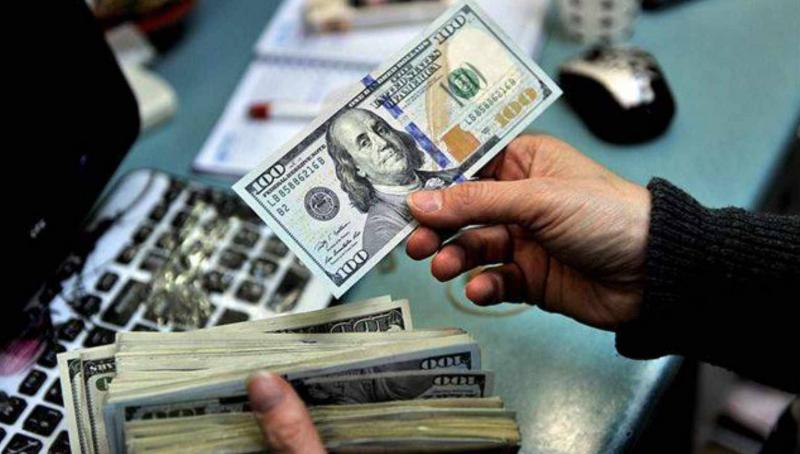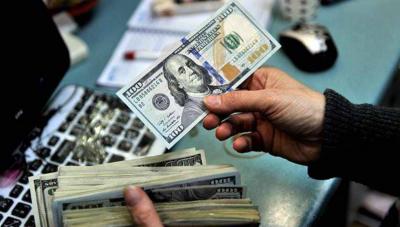Lebanon recorded the second highest nominal inflation rate in food prices worldwide from December 2022 to December 2023, with a 208% year-on-year change in the food price inflation index. It was preceded by Argentina (251%) and followed by Venezuela (173%) and Turkey (72%), among others.
Updated food security figures released by the World Bank, which provide an overview of year-on-year changes in the food price index in various countries worldwide, indicate that food price inflation remains high globally across all income groups. Specifically, 63.2% of low-income countries, 73.9% of lower-middle-income countries, 48.0% of upper-middle-income countries, and 44.4% of high-income countries experienced overall inflation rates exceeding 5%, with some exceeding 10%.
The World Bank report also noted that the real inflation rate in food prices (defined as the nominal food price inflation rate minus the overall inflation rate) exceeded the overall real inflation rate in 71.0% of the 165 countries included in the report issued by the Economic Research Unit at Lebanon's Bank of Industry and Trade.
Regarding the real inflation rate, Lebanon recorded the third highest annual change in food prices globally at 15% during the mentioned period, preceded by Argentina (40%) and Egypt (27%) and followed by Zimbabwe (12%), Vietnam (11%), and Palestine (9%). It is important to note that inflation rates are based on the latest figures between September 2023 and December 2023 for countries that updated their food price inflation rates and overall inflation rates.
The report clarified that as of January 30 of this year, 15 countries imposed 21 export bans on essential food products to address internal consumption shortages of food produced in those countries, while 11 countries adopted 14 measures to reduce exports. In this context, Lebanon imposed a ban on the export of fruits, vegetables, ground grain products, sugar, and bread on March 18, 2022, which will remain in effect until the end of 2024.




